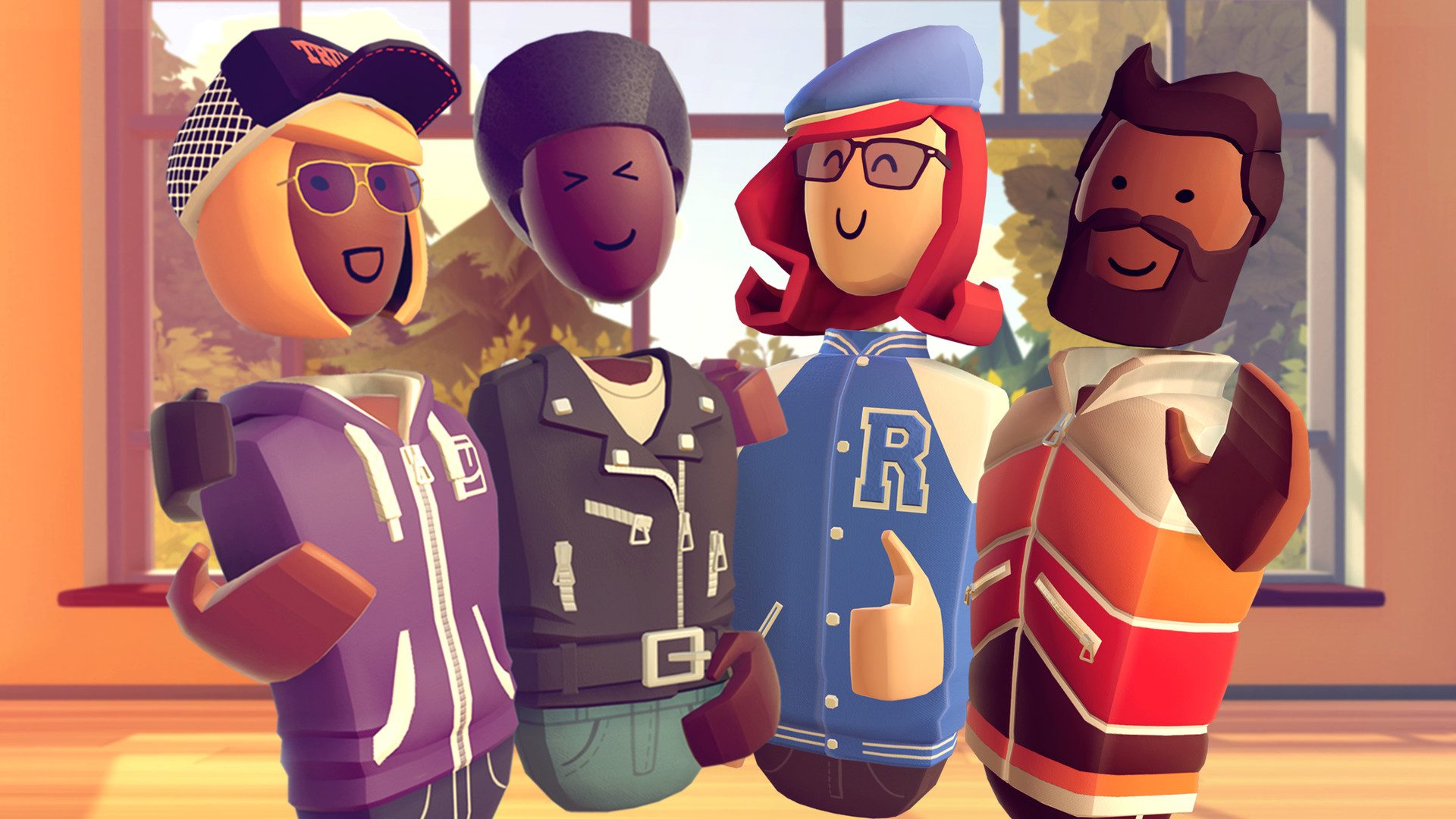Social VR platform Rec Room announced it’s laying off around half of its staff, citing low-level content which has flooded the platform from users on mobile and console.
Founded in 2016, the studio was once valued at $3.5 billion following its most recent funding round in 2021, which brought the Seattle-based company $145 million, making it one of the most valuable XR companies to date.
As an early adopter of user-generated content (UGC), Rec Room was also one of the first in the space to incentivize creators by letting them sell their creations for in-game tokens, which could be exchanged for real cash—following a monetization strategy similar to Roblox.
Now, the company has announced wide-sweeping layoffs in a blogpost, authored by company co-founders Cameron Brown and Nick Fajt. According to a statement provided to GeekWire, Rec Room now has just over 100 employees following the cuts.
The studio says departing employees will receive three months of pay, six months of health benefits, and the option to keep their computers.
According to Rec Room leadership, layoffs stem from its overly ambitious attempt to make the app a universal creation platform across VR, PC, consoles, and mobile. Top creators on PC and VR drove growth, however efforts to expand creation tools to mobile and consoles underdelivered, creating technical strain and financial instability.
“While we did see creation happening on mobile and consoles, we never got to the point where those devices were good for building stuff that other players engaged with. And some of our efforts to bridge that gap (e.g., Maker AI) just frustrated our more impactful creators,” Brown says in the blogpost.
In short, user-generated content created through its mobile and console pipelines tended to be numerous, but fairly low in quality and optimization:
At the same time, those lower-powered devices still produced millions of pieces of content. This put a huge strain on the team, who had to figure out tools and procedures to review it all. Making all this run across every device was a massive technical challenge and burden. While our most skilled creators optimized their content cleverly, most creators didn’t – couldn’t, really, because we didn’t provide them with the necessary tooling. Supporting all this scope stretched us way too thin, and our attempt at building one big scalable platform (Rooms 2.0) didn’t land like we needed it to. The vision made sense, but we got crushed under the scale.
So we ended up in a tough spot. Too small to realize the “anyone can build anywhere” vision, but too big to pivot to a more focused experience that was more reactive to what our players wanted and would pay for. The result was that we started to dig a financial hole that was getting larger every day.
Rec Room says moving forward it will empower its best (most revenue-generating) creators in an ostensible bid to refocus the core of its content.
“These folks are driving most of the growth and revenue already. In July, players spent more on [user-generated content] than ever. Creators had their highest earning month ever. This segment is actually growing nicely, but it’s heavily focused on PC – so that’s where we’ll focus our UGC efforts,” Brown says.
Brown further notes Rec Room is “not abandoning UGC,” however “narrowing our focus away from ‘everyone can create’ in favor of serving our very best creators.”
The company says it also hopes to boost the platform not only by improving PC-based tools, but by hosting more curated events, featured content, and fewer but higher-quality updates.
This follows a layoff round in March 2025, which affected 16 percent of staff. At the time, Rec Room leadership maintained layoff were necessary to control costs to ensure the platform’s long-term survival. The studio said fifficulties included a slowing gaming market growth, higher interest rates, and a tougher fundraising climate.
You can read Brown and Fajt’s full statement on the recent layoff round here.
,
